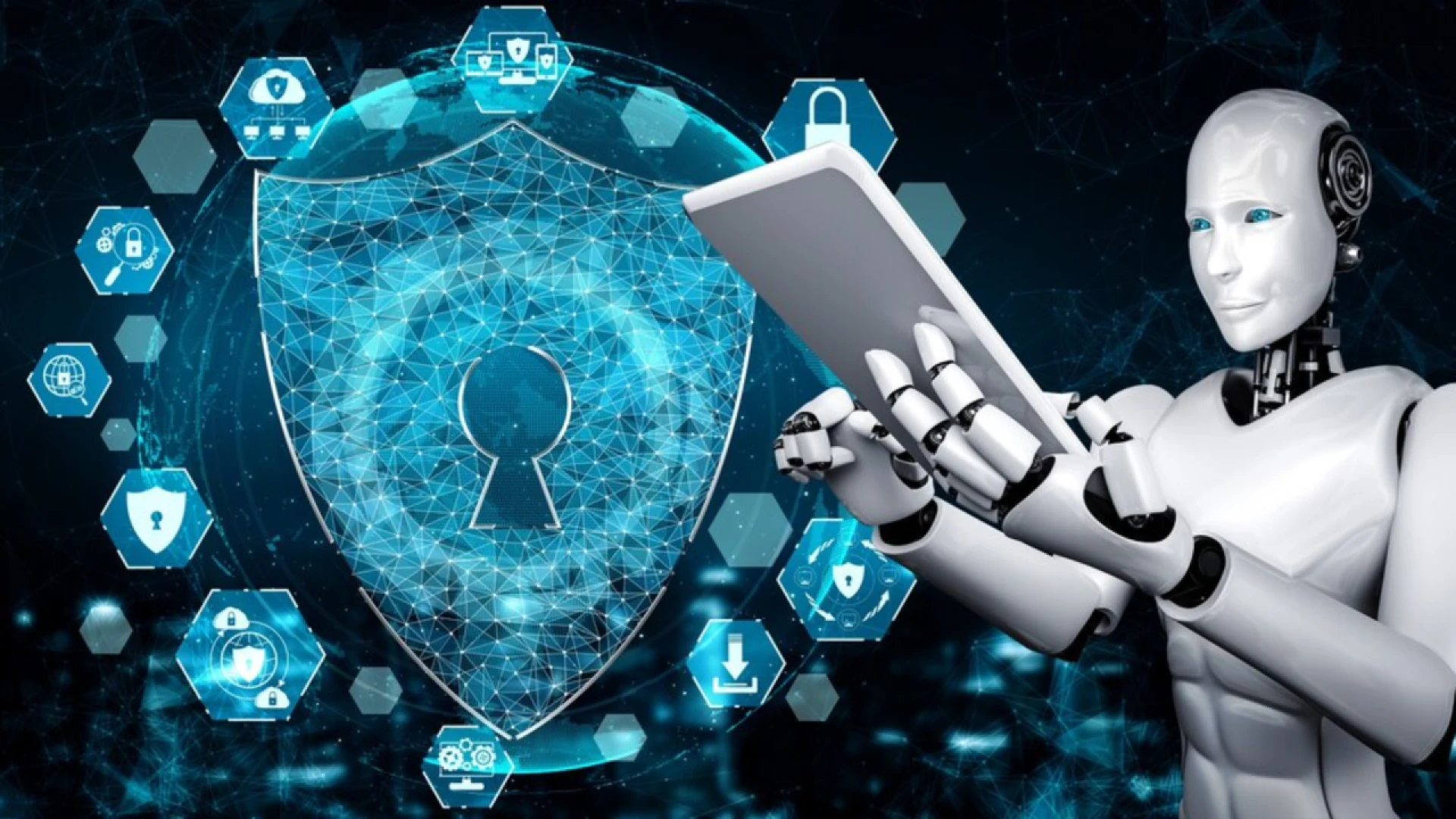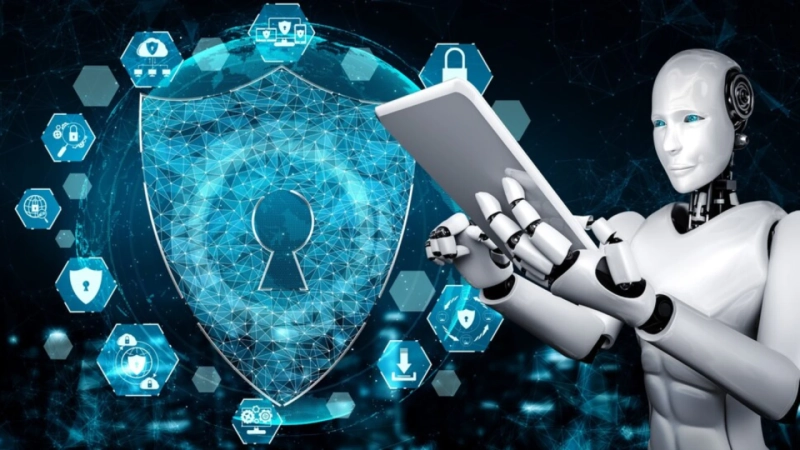
As cyber threats continue to grow in complexity, the world of ethical hacking is undergoing a massive transformation. At the forefront of this change is the integration of artificial intelligence (AI) and machine learning (ML). If you're aspiring to build a future-proof cybersecurity career, understanding how these advanced technologies are reshaping ethical hacking is crucial.
Whether you're already enrolled in the Best Cyber Security Course in Dubai, this blog will give you valuable insights into how AI and ML are making ethical hacking smarter and more efficient.
In this blog, we’ll explore how AI and ML are used in ethical hacking, what this means for cybersecurity professionals like you, and how you can stay ahead of the curve.
The Rise of AI & ML in Cybersecurity
Why AI and ML Are a Game-Changer
AI and ML are not just buzzwords—they’re essential tools in modern cybersecurity. With thousands of cyber threats emerging daily, it’s nearly impossible for human analysts to keep up. That’s where AI and ML come in. They can scan large volumes of data in real-time, detect patterns, and flag suspicious behavior much faster than a human can.
Key Benefits
- Speed and Efficiency: AI accelerates the detection of vulnerabilities.
- Accuracy: ML models reduce false positives.
- Automation: Routine tasks like scanning and patching are streamlined.
Real-World Applications of AI in Ethical Hacking
Penetration Testing Automation
Traditionally, penetration testing is a time-consuming process. However, AI can automate various aspects of it, such as vulnerability scanning and data analysis. With AI tools, ethical hackers can simulate thousands of attacks in a short span, identifying weak spots in networks or applications efficiently.
Threat Hunting
ML algorithms excel at analyzing vast datasets to spot patterns indicative of cyber threats. This allows ethical hackers to proactively hunt threats instead of waiting for alerts.
How Machine Learning Enhances Hacking Techniques
Adaptive Security Measures
One of the most powerful aspects of ML is its ability to learn from data. When applied to cybersecurity, this means that your systems can get smarter over time, adjusting to new threat patterns without manual input. So as you defend your network, the system evolves and becomes more resilient.
Behavioral Analytics
ML can profile what “normal” behavior looks like on your systems. It then uses this baseline to flag anything abnormal—whether it’s a login from an unusual location or data exfiltration during non-working hours. This kind of contextual analysis is a cornerstone of modern ethical hacking and something you’ll master in Cyber Security Classes in Dubai.
AI Tools Every Ethical Hacker Should Know
1. IBM Watson for Cybersecurity
Watson uses natural language processing to analyze structured and unstructured data and offers insights that human analysts might overlook. It’s an excellent tool for threat detection and response.
2. Darktrace
Darktrace uses unsupervised ML to detect threats and anomalies in real-time. It's widely used for its ability to provide dynamic threat visualizations and automated responses.
3. Google Chronicle
This tool enables rapid threat hunting by analyzing and correlating massive volumes of security telemetry. It’s perfect for ethical hackers who need to operate at enterprise scale.
Challenges of Using AI in Ethical Hacking
AI Bias and False Positives
One of the limitations of AI and ML is the potential for bias in training data, which can lead to false positives or missed threats. As an ethical hacker, you’ll need to understand the importance of training your AI systems with diverse and accurate data.
Dependency and Over-Reliance
It’s tempting to let AI do all the work, but ethical hacking still requires human intuition and creativity.
Adversarial AI
Cybercriminals are also using AI to craft more sophisticated attacks.
Future of Ethical Hacking with AI & ML
More Automation, Less Manual Work
Expect AI to handle the bulk of repetitive tasks, freeing you to focus on strategic initiatives like designing secure architectures and performing deep-dive analysis.
Personalized Learning Paths
AI-powered platforms will soon be able to tailor your learning based on your strengths and weaknesses. If you're enrolled in Cyber Security Classes in Dubai, don’t be surprised if your coursework becomes more interactive and adaptive.
Ethical Considerations
As we give machines more control, ethical concerns also rise. How do we ensure transparency, accountability, and fairness? These are questions that every ethical hacker needs to ponder and prepare for.
Conclusion
AI and machine learning are revolutionizing the world of ethical hacking. From automation to predictive analytics, the tools you now have at your disposal are more powerful than ever. But with great power comes great responsibility. As an aspiring ethical hacker, it’s essential to understand these technologies not just for what they can do, but also for the challenges they pose.
If you’re serious about mastering these skills, consider joining Cyber Security Classes in Dubai. These programs are designed to give you both theoretical knowledge and hands-on experience to thrive in today’s AI-driven cybersecurity landscape.
Have questions or experiences to share about using AI in ethical hacking? Drop a comment below—we’d love to hear from you!


